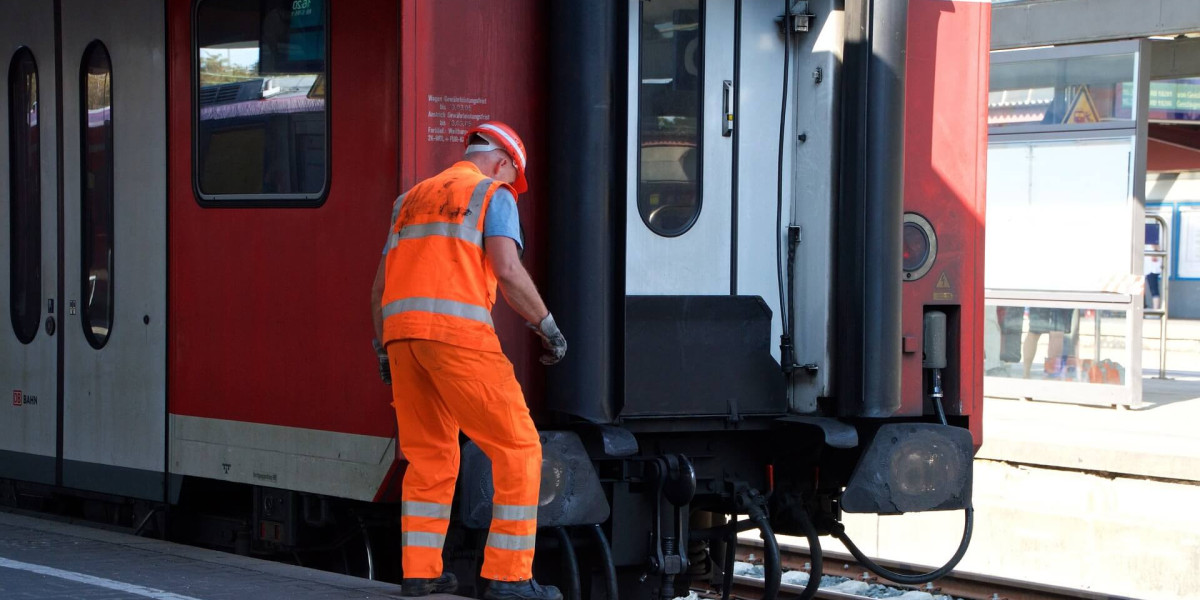In recent years, the aviation trade has witnessed a major shift in how folks approach air journey. The rise of private plane flights has remodeled the landscape, offering another that caters to an elite clientele in search of luxurious, convenience, and privacy. With an growing number of people and businesses choosing private jets, the implications for the aviation sector, the setting, and the financial system are profound.
Probably the most compelling factors driving the growth of private aviation is the need for customized journey experiences. Not like industrial flights, which frequently contain long security lines, crowded terminals, and rigid schedules, private plane flights provide a degree of flexibility and comfort that is difficult to match. Passengers can select their departure times, avoid the hassle of verify-in procedures, and enjoy customized in-flight companies tailored to their preferences. This bespoke strategy to journey is especially interesting to excessive-net-value people, celebrities, and company executives who worth their time and privateness.
The COVID-19 pandemic accelerated the shift in the direction of private aviation, as travelers sought safer alternatives to crowded business flights. Health considerations and a need for social distancing prompted many to rethink their journey options. In response to the Nationwide Business Aviation Affiliation (NBAA), private jet usage increased significantly throughout the pandemic, with many new customers discovering the benefits of flying privately. The pattern has continued whilst restrictions have eased, with many travelers now viewing private aviation as a viable and desirable choice.
The economic implications of this surge in private plane flights are noteworthy. The private aviation sector contributes billions of dollars to the worldwide economy, supporting thousands of jobs in manufacturing, upkeep, and flight operations. The demand for private jets has led to a boom in the market for brand spanking new aircraft, as manufacturers ramp up production to satisfy the wants of affluent consumers. Corporations like Gulfstream, Bombardier, and Embraer have reported increased sales and backlogs, indicating a strong demand for private jets.
Furthermore, the rise of private aviation has spurred the expansion of associated services, including private jet charter companies, fractional possession applications, and jet card memberships. These choices provide extra accessible ways for people to experience private flying with out the full monetary dedication of purchasing an aircraft. Charter services, particularly, have gained reputation, permitting travelers to e-book flights on-demand, additional democratizing entry to private aviation.
Nevertheless, the enlargement of private plane flights is just not without its challenges. Environmental issues have been raised relating to the carbon footprint of private jets, which are often less gas-efficient than industrial airliners. As awareness of climate change grows, the private jet flights aviation industry faces pressure to adopt more sustainable practices. Some corporations are exploring the usage of sustainable aviation fuels (SAFs) and investing in electric and hybrid aircraft technologies to reduce emissions. Moreover, organizations like the Air Charter Affiliation are advocating for greener practices throughout the industry.
Regulatory challenges additionally loom over the private aviation sector. As demand for private flights will increase, so does the necessity for sufficient infrastructure. Airports must adapt to accommodate the influx of private jets, which regularly require devoted amenities for customs, safety, and parking. Some airports have struggled to maintain tempo with this progress, leading to congestion and delays that may diminish the benefits of flying privately. Balancing the needs of private aviation with these of economic airlines and local communities is a complex difficulty that requires cautious consideration.
The notion of private plane flights can also be evolving. As soon as seen as a luxury reserved for the extremely-wealthy, private aviation is turning into more mainstream. Social media influencers and celebrities who share their private travel experiences have contributed to this shift, showcasing the allure of flying privately. As extra individuals aspire to this lifestyle, the marketplace for private aviation is likely to develop additional.
Along with leisure travel, private aviation performs a vital function in enterprise and commerce. Companies usually depend on private jets to facilitate meetings, site visits, and client engagements, allowing executives to maximize their productiveness whereas minimizing travel time. In a globalized economy, the ability to journey efficiently is a competitive benefit that many businesses are willing to spend money on. The rise of distant work has also led to an increase in demand for private flights, as companies seek to deliver teams together for in-person collaboration.

The future of private plane flights appears vibrant, with continued growth anticipated in the approaching years. As expertise advances, we could see innovations that additional improve the private flying experience, such as improved cabin designs, superior in-flight entertainment techniques, and enhanced connectivity choices. Additionally, the business is likely to see increased competition, main to raised providers and pricing for consumers.
In conclusion, the rise of private plane flights marks a major shift in the way in which people method air travel. With its focus on comfort, luxury, and personalised service, private aviation has captured the attention of travelers seeking options to business airways. While challenges comparable to environmental considerations and regulatory hurdles stay, the future of private aviation seems promising. As extra individuals and businesses embrace the benefits of flying privately, the business will proceed to evolve, shaping the future of air travel for years to come.








